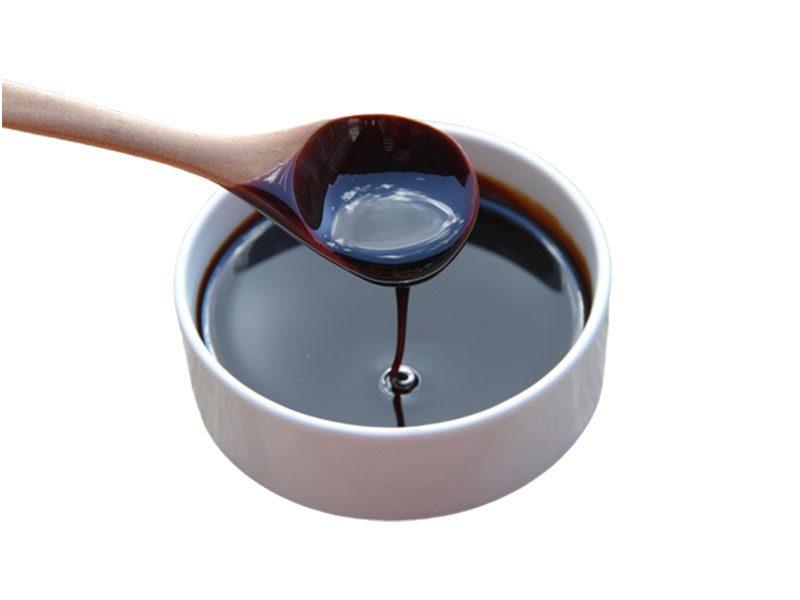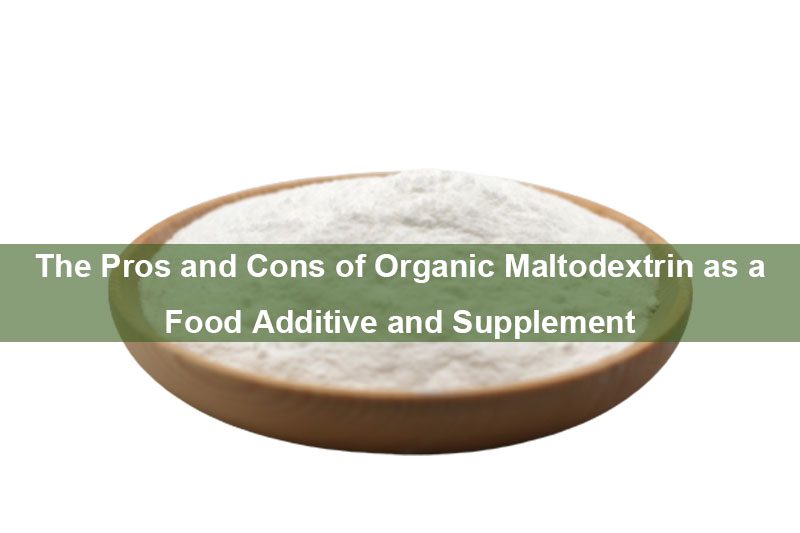Table of Contents
Allulose is a rare sugar that occurs naturally in some fruits and plants, such as figs, raisins, and wheat. It has the same chemical formula as regular sugar (sucrose), but a different molecular structure. This makes it behave differently in the body and in food preparation.
Allulose is considered a low-calorie sweetener, as it provides only 0.4 calories per gram, compared to 4 calories per gram for sucrose. This is because most of the allulose consumed is not absorbed by the small intestine, but excreted in the urine. Therefore, it does not affect blood glucose or insulin levels, making it suitable for people with diabetes or those who want to reduce their sugar intake.
Allulose is also considered an organic sweetener, as it is derived from natural sources and does not undergo chemical modification or synthetic processing. Organic allulose is certified by the USDA as meeting the standards for organic production, handling, and labeling.
How does organic allulose taste?
According to some studies, allulose has a similar sweetness and flavor profile to sucrose, with no bitter or metallic aftertaste . It can also enhance the flavor of other ingredients, such as fruit, chocolate, and vanilla.
How does organic allulose affect food texture?
However, allulose does have some limitations when it comes to food texture. Unlike sucrose, allulose does not caramelize or brown when heated, which can affect the appearance and aroma of baked goods. It also does not crystallize or form hard candies, which can affect the texture and mouthfeel of confectionery. Moreover, allulose can reduce the volume and stability of whipped cream, meringue, and ice cream, as it interferes with the formation of air bubbles and ice crystals .
Therefore, organic allulose is best used as a partial replacement for sucrose, rather than a complete substitute, in order to achieve the desired taste and texture of food. Depending on the type of food, the optimal ratio of allulose to sucrose may vary, but generally ranges from 30% to 70%. For example, a study found that a 50:50 blend of allulose and sucrose produced the best quality of sponge cake, while a 70:30 blend produced the best quality of cookies.
What are the benefits and drawbacks of organic allulose?
Organic allulose is a promising sweetener that can offer health benefits and flavor enhancement, without compromising the taste and texture of food. However, it is important to use it in moderation and in combination with other sweeteners, as it may have some side effects, such as gastrointestinal discomfort, if consumed in excess. As with any food ingredient, it is advisable to consult a nutritionist or a health professional before incorporating organic allulose into your diet.

